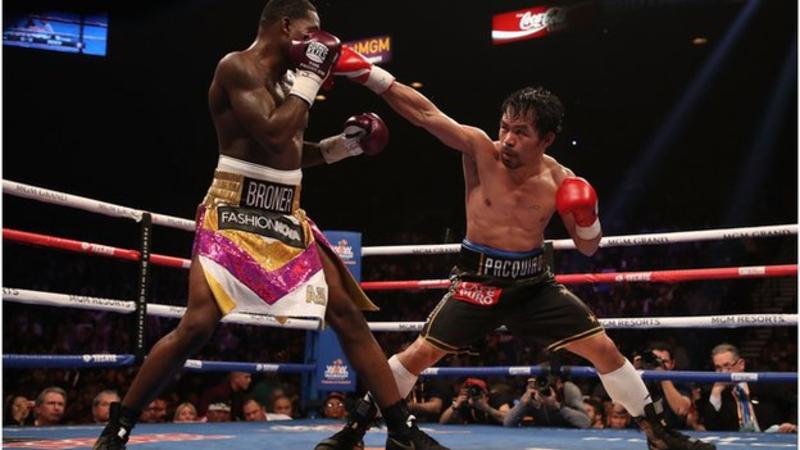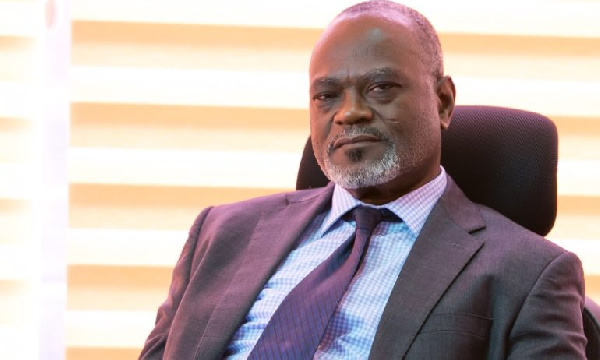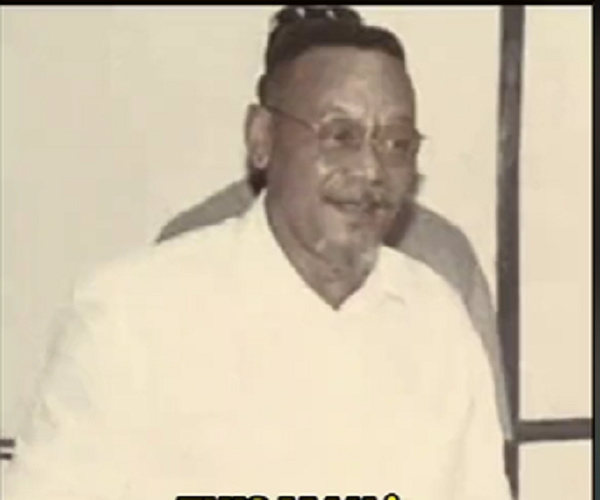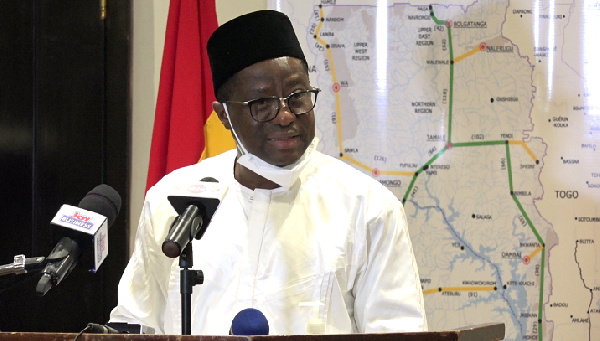
DR Congo election: Fayulu calls for non-violent protests

Democratic Republic of Congo opposition leader Martin Fayulu has called on his supporters to organise protests after the constitutional court rejected his challenge to the official presidential election results.
Rival opposition candidate Felix Tshisekedi was declared the winner of the 30 December poll.
Mr Fayulu argued that Mr Tshisekedi had made a power-sharing deal with the outgoing president, Joseph Kabila.
Mr Tshisekedi’s team denies this.
His supporters took to the streets of the capital, Kinshasa, after the ruling was made in the early hours of Sunday morning to celebrate.
Despite the court’s decision, Mr Fayulu said he was the “legitimate” president.
“With this ruling, the constitutional court has defied the Congolese people, the African Union and the whole international community,” he said after the ruling was made.
He added that his supporters should organise “non-violent protests all over the country to defend its sovereignty”.
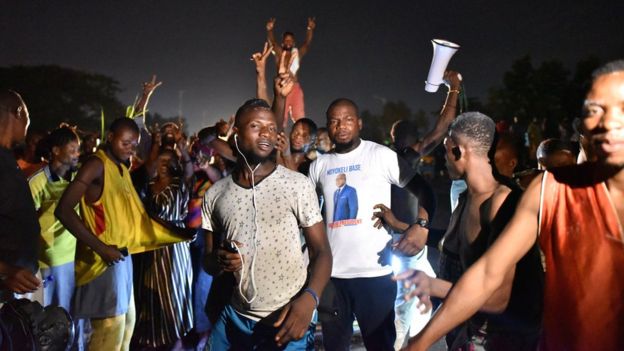 Felix Tshisekedi’s supporters celebrated the court ruling
Felix Tshisekedi’s supporters celebrated the court rulingThe African Union (AU) said on Friday that there were “serious doubts” about the outcome of elections.
What did the court say?
The court said Mr Fayulu had failed to prove that the election commission had announced false results.
It went on to declare “Felix Tshisekedi president of the Democratic Republic of Congo by simple majority”.
He is now expected to be sworn in within 10 days.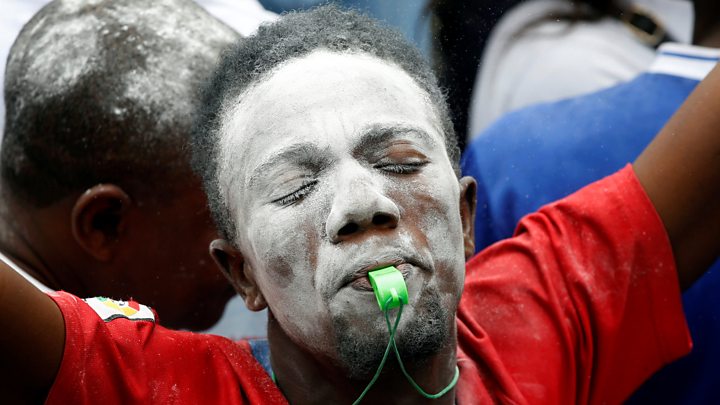
Joy and dismay at DR Congo election results
Violence has always accompanied the change of leadership in the country.
But the row over the the results has dented hopes the election could bring the first orderly transfer of power since DR Congo’s independence from Belgium in 1960.
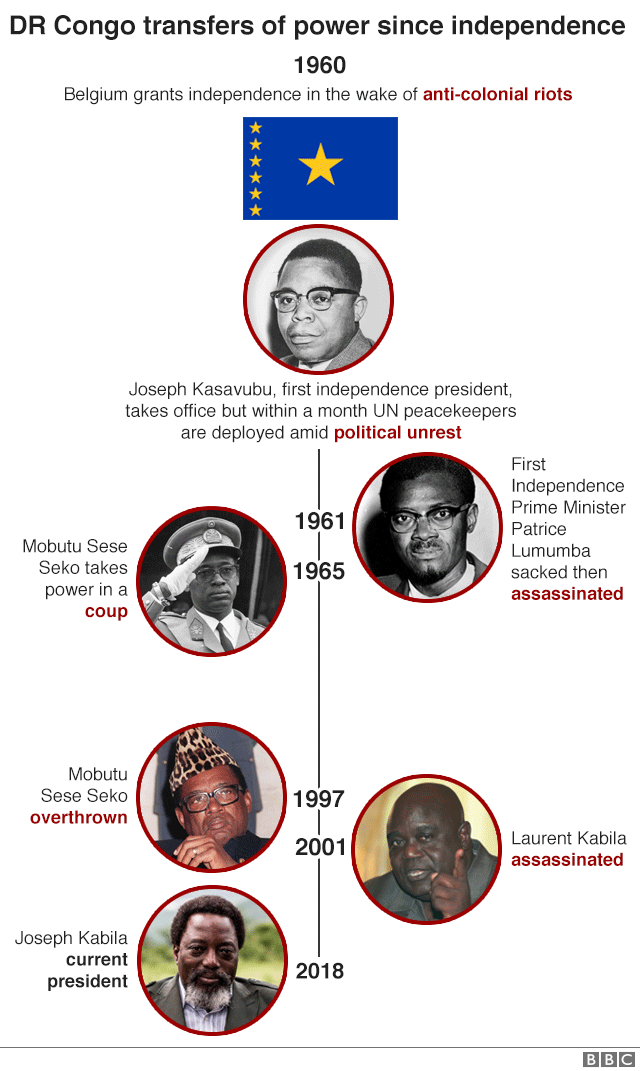

What about the 30 December poll?
The electoral commission earlier announced that Mr Tshisekedi had received 38.5% of the vote, compared with 34.7% for Mr Fayulu.
Ruling coalition candidate Emmanuel Shadary took 23.8%.
However, Mr Fayulu had argued that Mr Tshisekedi had struck a deal with Mr Kabila, who has been in office for 18 years.
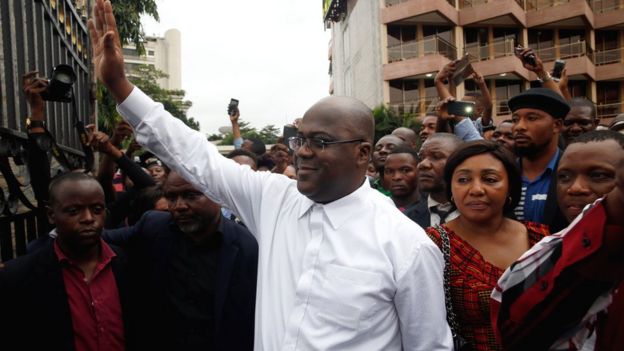 Felix Tshisekedi leads DR Congo’s largest opposition party, founded by his late father
Felix Tshisekedi leads DR Congo’s largest opposition party, founded by his late fatherMr Kabila was constitutionally ineligible to run for a third consecutive term.
The election should have taken place by the end of 2016 but was repeatedly postponed because of logistical problems, officials said.
There were a series of delays on voting day. The failure of new electronic voting machines in some polling stations was one of the challenges.
The run-up to the poll was marred by violence and controversy over the decision to delay voting in some areas for health and security reasons – in effect excluding some 1.26 million out of an electorate of nearly 40 million.
What did others say?
The official figures have been disputed by the influential Catholic Church which says it deployed 40,000 election monitors across the country.
International experts based in the US, and the French and German governments, have also raised doubts.
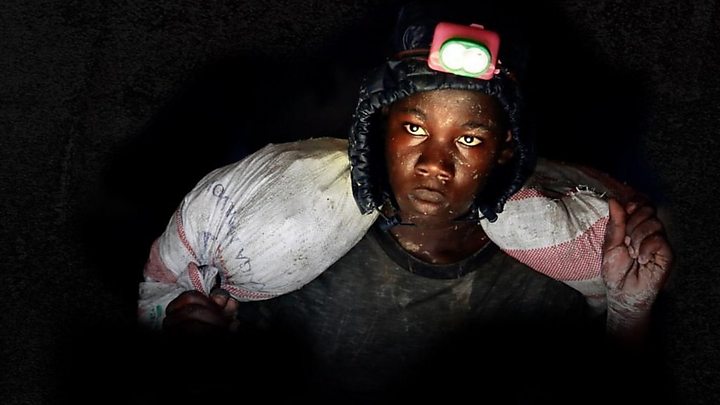
Meanwhile, the UN says ethnic violence in the west of the country left at least 890 people dead over just three days last month.
Clashes between the Banunu and Batende communities took place in four villages in the area of Yumbi between 16 and 18 December, according to the UN.
Most of the area’s population has reportedly been displaced, including some 16,000 people who sought refuge by crossing the Congo river into neighbouring Republic of Congo, also known as Congo-Brazzaville.
Source: BBC
Source: citifmonline.com
